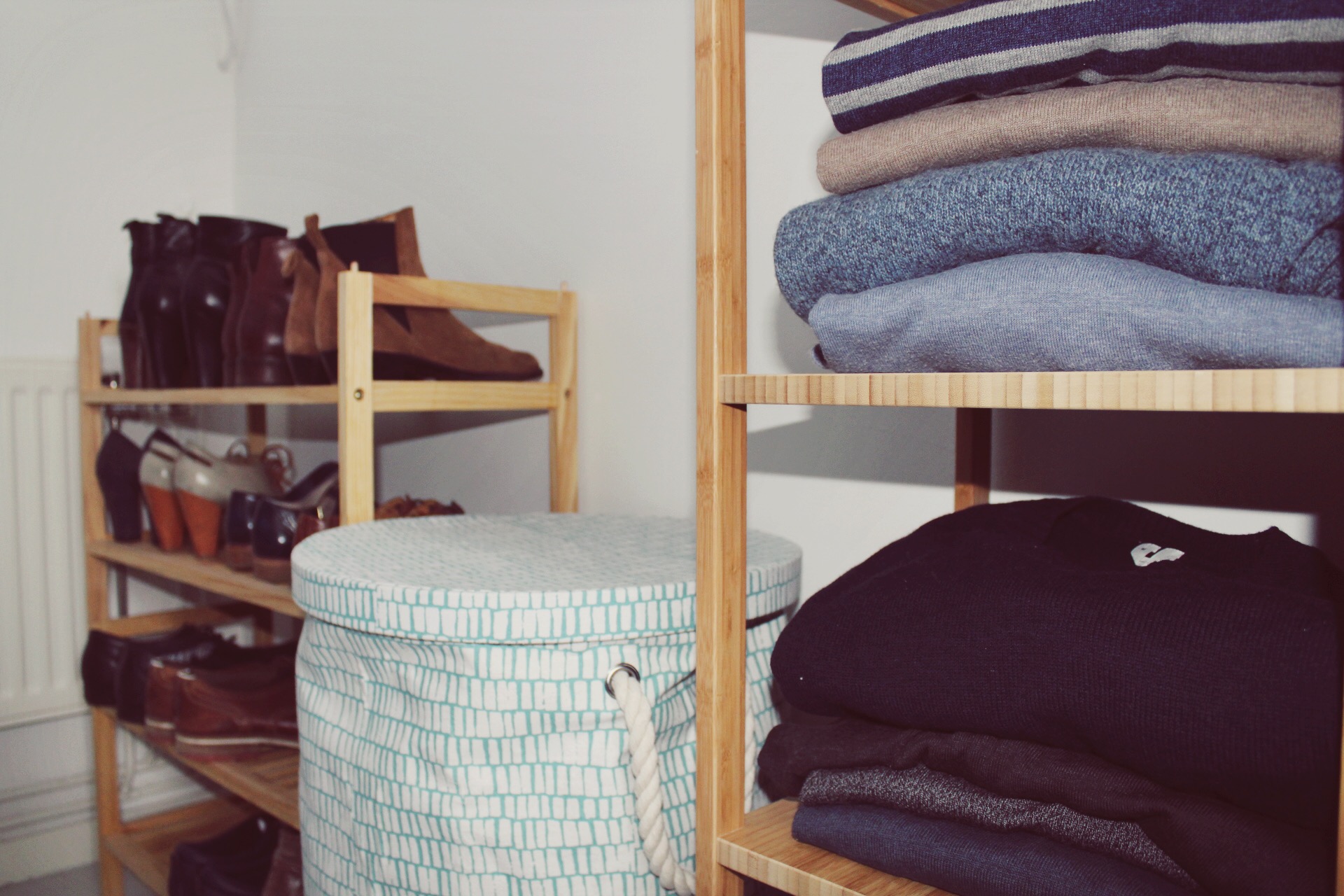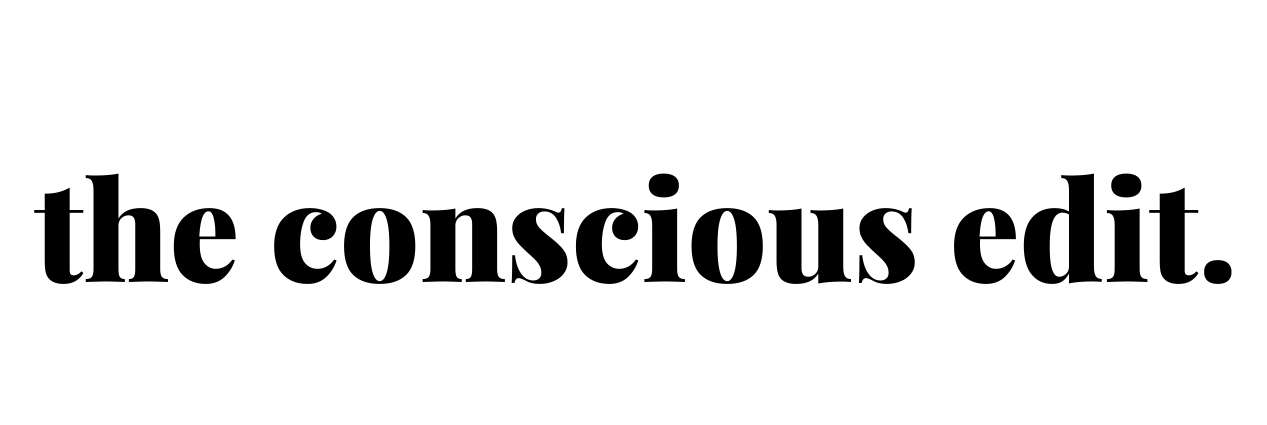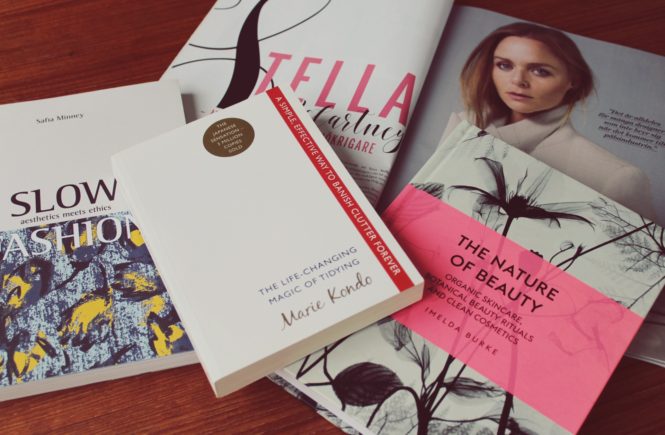My interest and passion for feminist issues as well as environmental and sustainability ones comes from my mother. Looking around, I see women taking the lead in making the conscious consumption movement the norm. High-profile fighters for sustainable fashion are female, like Stella McCartney, Livia Firth, and Emma Watson to name just a few. And since I started following, and also entering myself, the world of bloggers and Instagrammers encouraging conscious consumption and slow living, I see women, women, women.
Media is slowly but surely picking up on the issue of consumption, with magazines such as Marie Claire, Swedish Damernas Värld, and most recently, Australian Vogue, dedicating issues to sustainable fashion. But again, these are women’s magazines with, I assume, a majority of female readers.
Women and consumption
Most research argues that women shop more than men. Women are more likely to be buying household products or stuff for the kids, and women are big shoppers in general. Which makes it more important for us to be considering what we’re buying and also to question whether we can reduce the amount of products we consume.
But when you look at conscious consumption, women tend to be more eco-friendly than men. Women are more likely to buy eco-fashion, buy less meat, and use re-usable bags. Women are more likely to recycle, and women drive and fly less than men. This is according to this article, and there is of course more research to be found on this topic (I’d definitely like to dig deeper into this when there is time so if you know of any interesting reading then please do send it my way!).
Swedish sustainability-conscious magazine Camino has dedicated its latest issue to equality and sustainability asking whether men are slowing us down in the quest for a more environmentally-friendly world. A Camino issue in 2017 also looked at the decluttering-trend and raised the question here as well – does it mainly fall on women to pursue an eco-friendly way of living and to declutter the home? Is it mainly women who clear wardrobes and drawers, who organise the home, who make sure un-used things are donated to charity? Is it mainly women who are conscious about what leaves the house but also what enters it?
Maybe.
What about the men?
As there are always exceptions to every rule, there are of course men doing great things in regards to conscious consumption and slow living. The Minimalists are spreading the word about minimalism globally through their films and books, there are male celebs on the red carpet making a stand by wearing sustainable suits, and Stockholm has its own men’s sustainable fashion store in Adisgladis. And big business heads like Paul Polman of Unilever and Francois-Henri Pinault of Kering (luxury goods group that owns labels like Alexander McQueen, Gucci and Stella McCartney) are leading their respective sectors on sustainability and waste, with Pinault telling The New York Times why ‘green is the new black‘.
But when it comes to conscious consumption and slow living, when men get involved, I feel it mainly comes across as a style or maybe even a hipster thing. About having a cleaner style, less clutter at home, surrounding yourself with stylish things (read tech and toys). But on one hand, one could argue that men are promoting a kind of slow living by the way they consume. Maybe not as a conscious choice, or necessarily as a minimalist / slow living statement, but because men consume less as a standard. The traditional ‘bachelor pad’ is fairly minimalist, but probably because of a lack of style or interest to decorate. When it comes to fashion, many men I know just want to keep it simple – they don’t enjoy going shopping, they want to just find a few key pieces they like and then stick to those.

One could argue that men’s way of thinking when it comes to shopping is more sustainable as it is, but how conscious is it? Are men asking what their clothes and products are made of? Are they asking what the most eco-friendly options are? Are they asking who made them?
Without having done any wider surveys on this, I would argue no.
The equality / sustainability issue of Camino suggests that the male approach to sustainability could somewhat be hindered by the culture of masculinity that is represented across the Western world. A macho culture of driving big cars and putting meaty burgers and sausages on the BBQ. A culture that doesn’t allow for a softer, planet-friendly approach.

Sustainability is a shared responsibility
There are of course women and men who don’t fit into any of these consumer categories, and I am generalising heavily in this post. But from what I can see and read, there is definitely a pattern as to who are taking the lead on these issues, and as it is International Women’s Day today, I think it’s appropriate to question this pattern.
We all need to consume less, eat less meat, make conscious consumption decisions, consider ethical and sustainable manufacturing and supply chains. This is everyone’s responsibility. We need to put aside stereotypes, routines and gender patterns and find a joint, equal, new way. A way where we all question our own individual behaviour and start making more conscious decisions. And we need to do it quickly, because nature and climate change won’t wait for us to get our gender stereotypes in order.


A very interesting argument, and one I’ve been planning on writing for a while now! Masculine traits don’t naturally align with sustainability, and I recently read women will be most displaced because of climate change as well.
Would you mind me quoting you if I do write my post as well?
Besma | Curiously Conscious
Yeah I find it super exciting and definitely feel it’s something that’s quite obvious, especially in the blogging/Instagram world! And yes, the fact that women suffer and will suffer more from climate change is also an interesting one to consider. Looking forward to reading your post 🙂 And yes, feel free to quote!